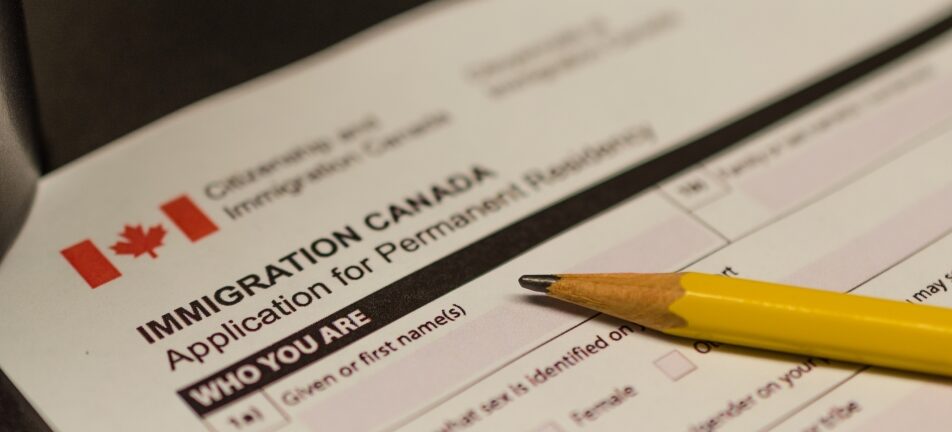Well, as Canada has uplifted several restrictions that were practised throughout the pandemic, it has also speeded up the immigration process through various forms. Canada are now on the go. The immigration authorities are working hard to streamline the work permits and it is one of the among five priorities on IRCC’s $85 million budget this year. This means now the work permits are going to be sorted on a fast track basis.
Lately, Canada’s immigration minister restated his promise to improve processing times for work permits during meetings with the Standing Committee on Citizenship and Immigration. The Immigration Minister Sean Fraser told the committee that Immigration, Refugees, and Citizenship Canada (IRCC) will use its $85 million budget to curb down the processing times that have been faced due to the pandemic. The minister had previously announced that service standards for work permits, study permits, proof of citizenship, and permanent residence card renewals would return to normal by the end of 2022.
Further, the IRCC web page estimates processing times for work permits submitted from most countries that are currently not meeting the processing standard. Now the IRCC is processing a higher level of work permits. In 2021, Canada issued some 420,000 under the International Mobility Program and Temporary Foreign Worker Program. In 2019, the total was about 405,000.
The TFWP allows Canadian employers to hire foreign nationals to fill labour shortages in Canada. The IMP promotes Canada’s broad economic, social, and cultural interests.
Well, earlier, the processing standard for work permits submitted outside of Canada is 60 days, except for International Experience Canada (IEC) work permits, which are supposed to be processed in 56 days. Work permit extensions submitted in Canada have a processing standard of 120 days.
Well, before the pandemic, IRCC met these standards more than 87 percent of the time. Things changed as the pandemic struck bad. When the pandemic hit in 2020, IRCC operations around the world were stopped due to travel restrictions all over the world. This further result eventually led to a backlog in applications. As of February 1, IRCC has more than 85,000 work permit applications in its inventory.
IRCC Assistant Deputy Minister Daniel Mills was also at the committee meeting. Mills said that the $85 million budget will not improve processing times for permanent residents, but it will allow IRCC to develop tools such as electronic application systems and online application trackers. Minister Fraser had previously noted that processing for new spousal sponsorship applications have returned to the one-year standard.

